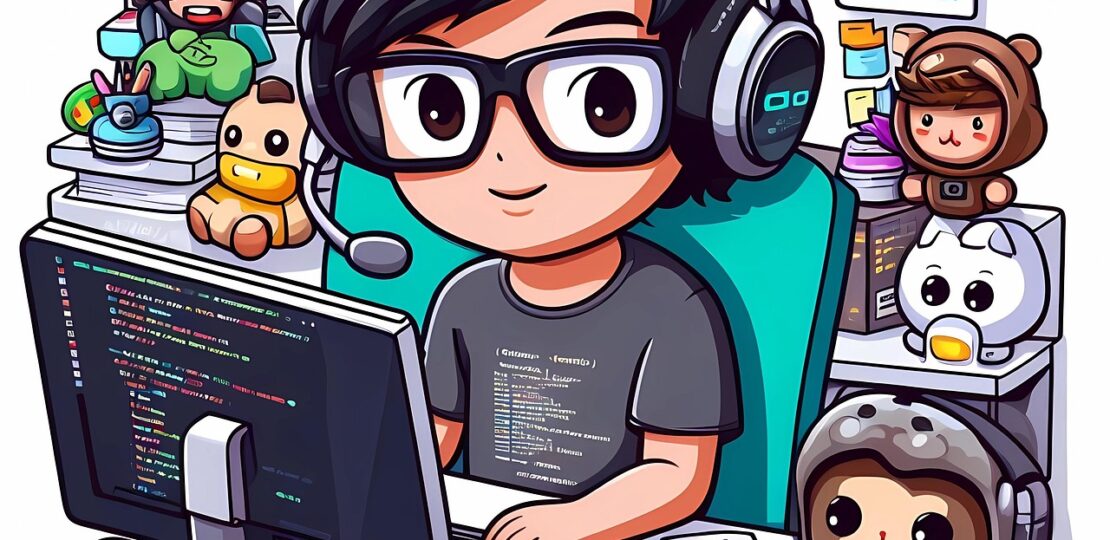“Agentic AI: The Rise of Autonomous Systems Transforming Ind
May 20, 2025 | by Olivia Sharp

Agentic AI: The Rise of Autonomous Systems Transforming Industries in 2025
2025 stands at a pivotal juncture for artificial intelligence. While generative models and smart assistants previously captured our imagination, a new paradigm is now redefining both opportunity and expectation: agentic AI. With the rise of autonomous AI agents capable of complex, goal-driven behavior, industries are pivoting to harness these systems for transformative gains across efficiency, innovation, and human-AI collaboration.
Defining Agentic AI: Beyond Automation
Traditional AI has solved narrow problems—analyzing data, answering questions, or executing repetitive tasks. Agentic AI, on the other hand, manifests as autonomous systems with the capacity to reason, plan, and act proactively in uncertain environments. These agents engage with real-world environments (virtual or physical), dynamically adapting strategies, making independent decisions, and coordinating with humans or other agents to pursue complex objectives.
“Agentic AI is not about replacing people, but augmenting human potential through persistent, adaptive, and intelligent action.”
Industry Impact: Practical Applications Across Sectors
The practical implications are immediate and deeply consequential. My research and consulting work have shown that nimble organizations are already leveraging agentic AI in three key ways:
- Healthcare: AI clinical agents now shepherd patient care journeys—from appointment scheduling to diagnostic triage, personalized follow-ups, and medication reminders. They integrate effortlessly with EHRs, reduce clinician administrative loads, and even monitor remote patient data to initiate early interventions.
- Manufacturing and Logistics: Factory floor robots and supply chain bots are evolving from programmed machines to adaptive agents. These AI-driven systems self-organize, optimize production flows, identify bottlenecks, and negotiate real-time supply/demand mismatches—reducing downtime and increasing throughput.
- Finance and Customer Service: Autonomous financial agents analyze vast market signals, execute trades, and rebalance portfolios without human micromanagement. In customer engagement, AI agents resolve service tickets, orchestrate personalized offers, and learn continuously from each human interaction.
Real-World Stories from the Frontline
At a recent conference, I met a hospital CIO who shared how agentic AI guided a crisis response during a citywide health emergency. Their AI agent assimilated real-time data from emergency rooms, anticipated bed shortages, and orchestrated the reallocation of staff—cutting patient wait times by 30%. This wasn’t mere computational prowess; it was strategic intervention at scale.
I’ve also seen agentic AI in R&D labs, automating material discovery by driving hundreds of simulations nightly, selecting promising compounds, and orchestrating laboratory experiments. Researchers save months, if not years, accelerating breakthroughs in drug development and green energy.
Design, Responsibility, and Ethical Guardrails
Such immense autonomy isn’t without risk. Agentic systems require careful design and robust oversight. My core principle: “Autonomy must always be paired with accountability.” This means transparent objectives, ethical constraints coded into agent policies, and real-time human review at decisive junctures.
Leading organizations build frameworks that emphasize:
- Clear boundaries for agentic action—what can and cannot be delegated.
- Continuous monitoring for bias or unintended behaviors.
- Human-in-the-loop escalation paths for ambiguous or high-stakes scenarios.
The Era of Human-AI Symbiosis
Agentic AI is not an abstract future; it is shaping how we diagnose illness, move goods, serve customers, and invent the tools of tomorrow. Its promise lies in intelligent partnership—freeing us from drudgery, amplifying discovery, and keeping human intent and ethics at the core.
As we chart the next wave of digital transformation, I am both optimistic and vigilant. The next leaps in productivity, safety, and innovation will not come from replacing people, but from building systems where AI agents and humans co-create value. This is the practical, profound challenge—and opportunity—of agentic AI in 2025.
Dr. Olivia Sharp bridges complex AI technology with real-world impact. Connect with Olivia for insights on responsible AI innovation and tech tools shaping tomorrow’s industries.
“`

RELATED POSTS
View all



